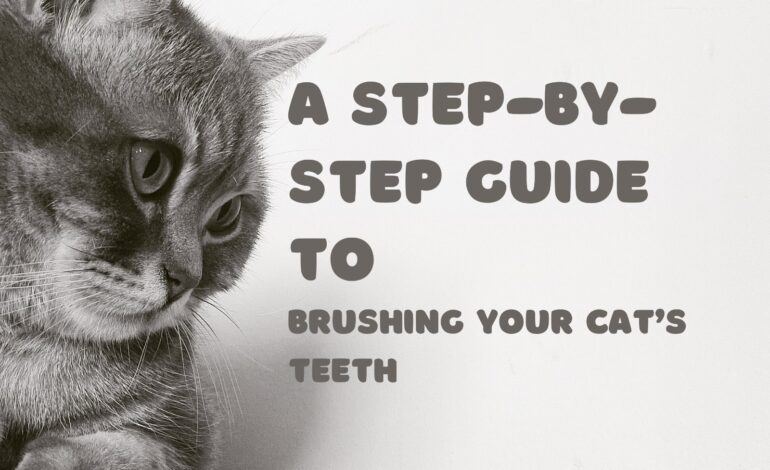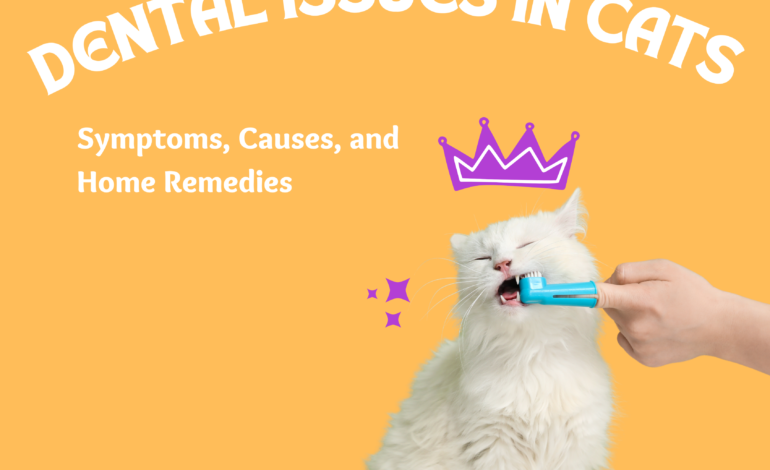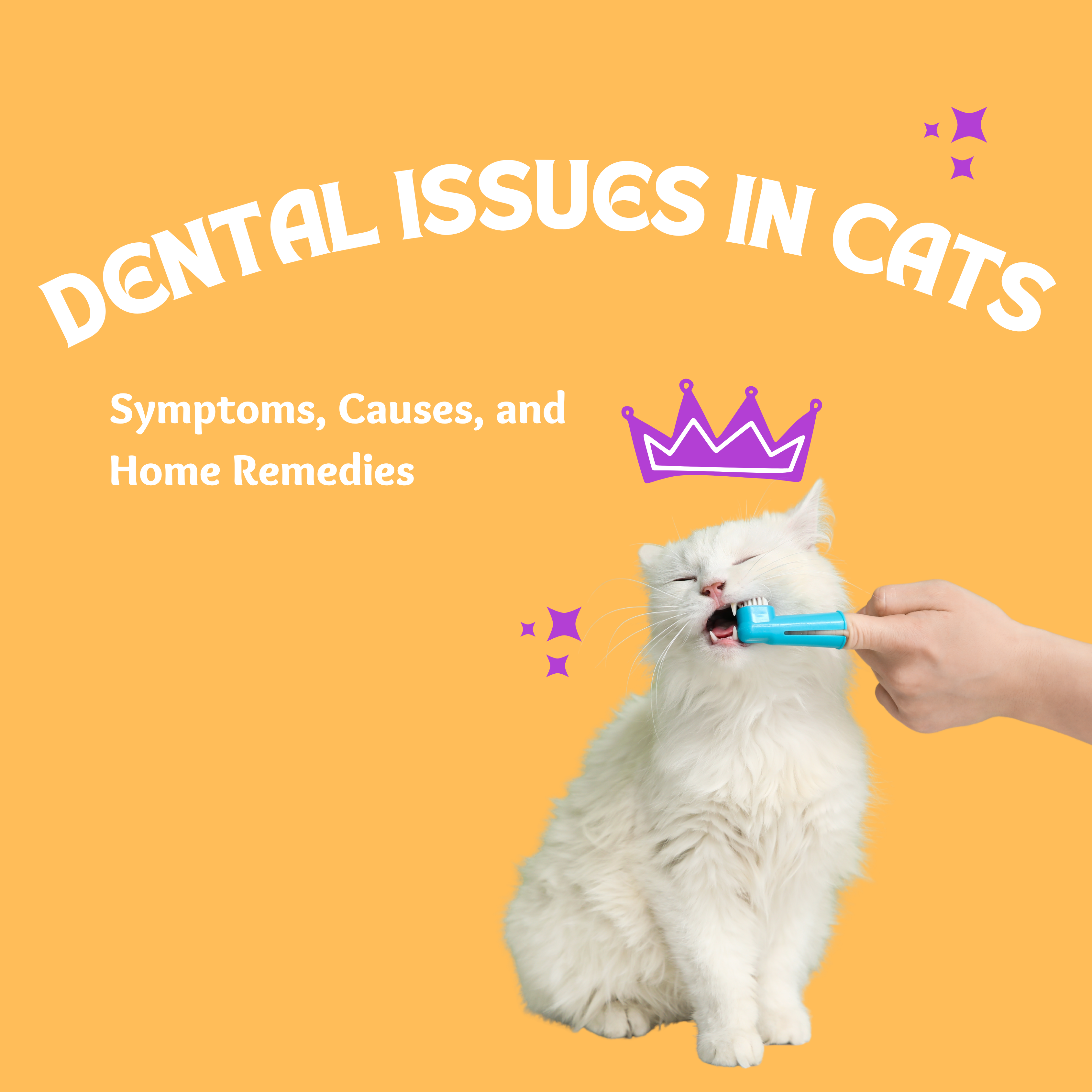The Benefits of Regular Dental Care In Cats

When we think about keeping our cats healthy, we all start to think about vaccinations, food, and flea control. But there is one factor that many pet owners and even some veterinarians often forget to emphasize enough: dental care in cats. Like humans, cats are prone to all sorts of oral health issues. Oral issues can be painful, stressful, and, if left untreated, can even affect a cat’s overall well-being. The catch? Cats are master pain-hiders, which translates into many problems not being recognized until they are quite advanced. That is why making regular cat oral care a priority is so important. For feline owners, it means having their cats pain-free and comfortable. For veterinarians, it provides an opportunity to educate clients, avoid disease, and improve patient outcomes. In this article, we’ll look at why feline dental care matters, the most common dental problems cats face, the benefits of preventive care, and how both at-home and professional treatments can make a life-changing difference.
Why Is Dental Care in Cats Important?
Oral care is a far more significant part of a cat’s existence than most individuals are aware. Proper oral care enables a cat to eat comfortably, groom properly, and exist without pain. Poorly cared-for cat dental problems, on the other hand, may cause ongoing discomfort and possibly more extensive health problems.
Studies prove that as much as 70% of cats will get some type of dental disease by the time they’re three years old. That’s a pretty high number, and it shows just how prevalent bad feline oral health is.
If a cat’s oral health is poor, consequences can be:
- Chewing or appetite problems
- Drooling, halitosis, or face pawing
- Irritability or avoidance of play and social interaction
- Spread of bacteria from the mouth to large organs like the kidneys, liver, and heart
In a way, dental issues don’t stay in the teeth: they can shorten a cat’s life.
Common Cat Dental Conditions
Cats are susceptible to a variety of dental conditions, ranging from less serious ones to the more serious ones. These are some of the most common:
Gingivitis
This is the initial stage of gum disease, which is caused by plaque accumulation along the gumline. Signs include red, inflamed gums and persistent bad breath.
Periodontal Disease
If gingivitis is not addressed, it can progress to periodontal disease, which will cause the bone and supporting tissues to destroy the teeth. It’s one of the primary reasons for cat tooth loss.
Tooth Resorption
This agonizing illness is caused by a cat’s body beginning to break down and digest the structure of its own teeth. It’s extremely common, with up to half of all cats suffering from it sometime during their lifetime.
Stomatitis
A condition that is caused by inflammation of the soft mouth tissues. Stomatitis is extremely painful and is typically related to the immune system. Cats with this issue will not want to eat.
Fractured or Broken Teeth
Trauma or crunching on hard objects breaks teeth. If left untreated, it causes infection and intense pain. Because cats are so good at camouflaging pain, such issues will not be seen until they’re far along. That’s why check-ups and dental cleaning are so important.
The Benefits of Regular Cat Dental Care
Keeping dental care in the cat has benefits that go far beyond a clean mouth.
1. Prevents Pain
Few cats will show obvious oral pain, but that doesn’t mean they aren’t in pain. Routine cat teeth care can find issues before they cause severe pain.
2. Benefits Overall Health
Bacteria in diseased gums or teeth can transfer through the bloodstream and destroy organs. Maintaining pet felines’ oral health can maintain pet parents out of chronic illnesses like kidney or heart disease.
3. Improves Nutrition
Sore-mouthed cats will either turn their noses up at hard kibble or not eat as much food as they require. Regular cat dental care ensures that they can eat and stay well-fed.
4. Enhances Quality of Life
Healthy mouths equal playful, active, and loving cats. Treating cat dental problems can make a big difference to their mood and disposition.
5. Costs Less in the Long Term
Professional dental scaling in cats may seem expensive on the surface. It’s much more cost-effective than treating severe dental disease that might mean extractions or ongoing medical care.
Tips for Keeping Cats’ Teeth Clean
So how do pet parents maintain their cat’s oral health? Here are some useful tips:
Tooth Brushing
The gold standard of dental care in cats is brushing teeth. It’s a patience thing, but most cats can learn to tolerate it. Brush with a cat brush and pet-formulated toothpaste (never use human toothpaste).
Dental Treats and Chews
Certain special dental chews can help scrape off plaque as they present a fun object for cats to chew on. These are not a substitute for brushing, but they do provide an added boost.
Veterinary Diets
Some prescription diets are designed to reduce plaque and tartar buildup. These are especially effective in cats with a history of dental disease.
Check-ups
Frequency check-ups are important. Your veterinarian is able to detect issues at their earliest stages and recommend professional cat dental cleaning when needed.
Professional Cleaning
Under anesthesia, the procedure allows veterinarians to clean beneath the gums and inspect cautiously for underlying conditions. Although some pet owners are fearful of anesthesia, it is safe if done by trained veterinary professionals.
The Veterinarian’s Role
Veterinarians are at the center of feline oral health protection. They can:
- Educate pet parents on the need for dental care
- Do professional cleanings and extractions when necessary
- Identify hidden problems that pet parents might overlook
For veterinarians wanting to bring their skills up to date, joining veterinarian webinars on cat dentistry is an excellent method of keeping abreast of best practices and treatments.
Tips for Cat Parents
- Brush regularly, even if only every few weeks.
- Watch for signs like drooling, halitosis, or lack of appetite.
- Avoid hard foods like bones that can chip teeth.
In all cases, call your vet if you think there is dental pain.
Conclusion
Oral care isn’t a luxury: it’s an essential part of cat health. By incorporating dental care in cats into your routine, pet parents can avoid painful sickness, guard their cat’s organs, and improve the lifespan of their furry companion.
For veterinarians, cat dental health promotion is a way to enhance patient outcomes and enhance owner relationships. Through home routines and professional feline dental prophylaxis, we can make cats healthier, happier, and live longer.
FAQs
1. How often do cats need professional dental cleaning?
Most cats require one professional cleaning every year, but some require more frequent cleaning as they grow older, and depending on the breed.
2. Can I brush my cat’s teeth with human toothpaste?
No. Human toothpaste includes fluoride and other chemicals that are poisonous to cats. Brush with pet-safe toothpaste only.
3. What are the first signs of dental disease in cats?
Bad breath, red gums, salivation, pawing at the mouth, and refusal to eat hard food are all common warning signs.
Resources:
1. https://www.vetandtech.com/blogs/periodontal-disease-in-cats
2. https://www.petmd.com/cat/conditions/mouth/dental-issues-cats
3. https://www.vet.cornell.edu/departments-centers-and-institutes/cornell-feline-health-center/health-information/feline-health-topics/feline-dental-disease





